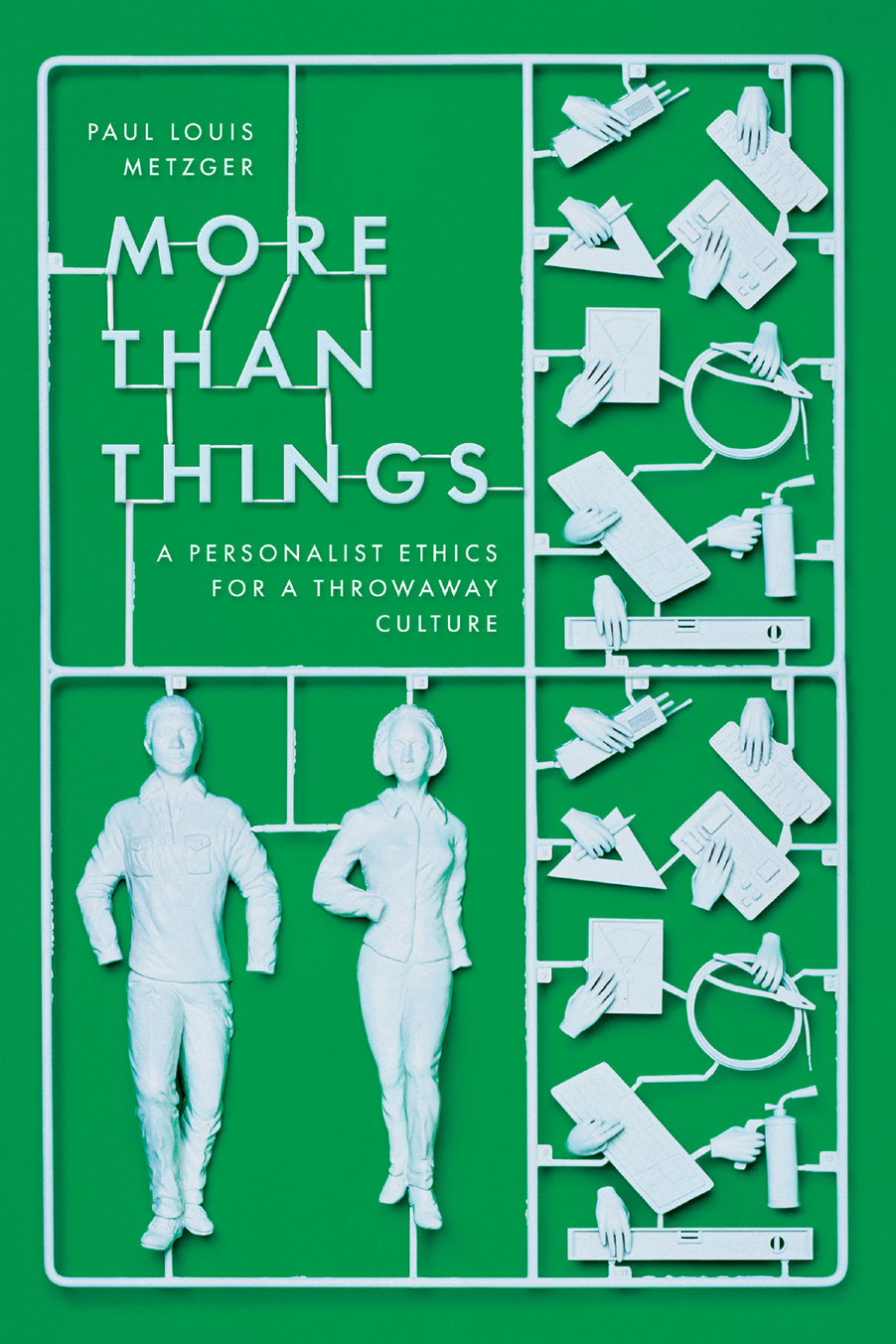

Most ebook files are in PDF format, so you can easily read them using various software such as Foxit Reader or directly on the Google Chrome browser.
Some ebook files are released by publishers in other formats such as .awz, .mobi, .epub, .fb2, etc. You may need to install specific software to read these formats on mobile/PC, such as Calibre.
Please read the tutorial at this link: https://ebookbell.com/faq
We offer FREE conversion to the popular formats you request; however, this may take some time. Therefore, right after payment, please email us, and we will try to provide the service as quickly as possible.
For some exceptional file formats or broken links (if any), please refrain from opening any disputes. Instead, email us first, and we will try to assist within a maximum of 6 hours.
EbookBell Team

0.0
0 reviewsWe live in a culture of commodification. People are too often defined by what they do or own; they're treated as means to an end or cogs in a machine. What goes missing is a deep sense of personhood―the belief that all humans are unique subjects with inherent worth and the right to self-determination in authentic communion with others.
In a world dominated by things, Paul Louis Metzger argues, we must work hard to account for one another's personhood. We need to cultivate relational structures that honor every human's dignity in vital interpersonal community. The theological and philosophical framework known as personalism can help guide us toward such a culture. Drawing from a wide range of thought leaders, including Martin Luther King Jr. and Pope John Paul II, Metzger presents a personalist moral vision founded on the Christian ideals of faith, hope, and love. He demonstrates how this moral compass can help us navigate a pluralistic world by applying it to a variety of pressing ethical issues, including abortion, genetic engineering, immigration, drone warfare, and more.
Ultimately human personhood begins with the personal, triune God, who invites us to live more fully as human beings. When we refuse to reduce our fellow humans―and ourselves―to mere abstractions or objects, we follow the example of Jesus in honoring the value of every person and of creaturely life as a whole.